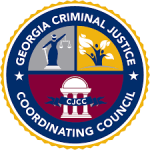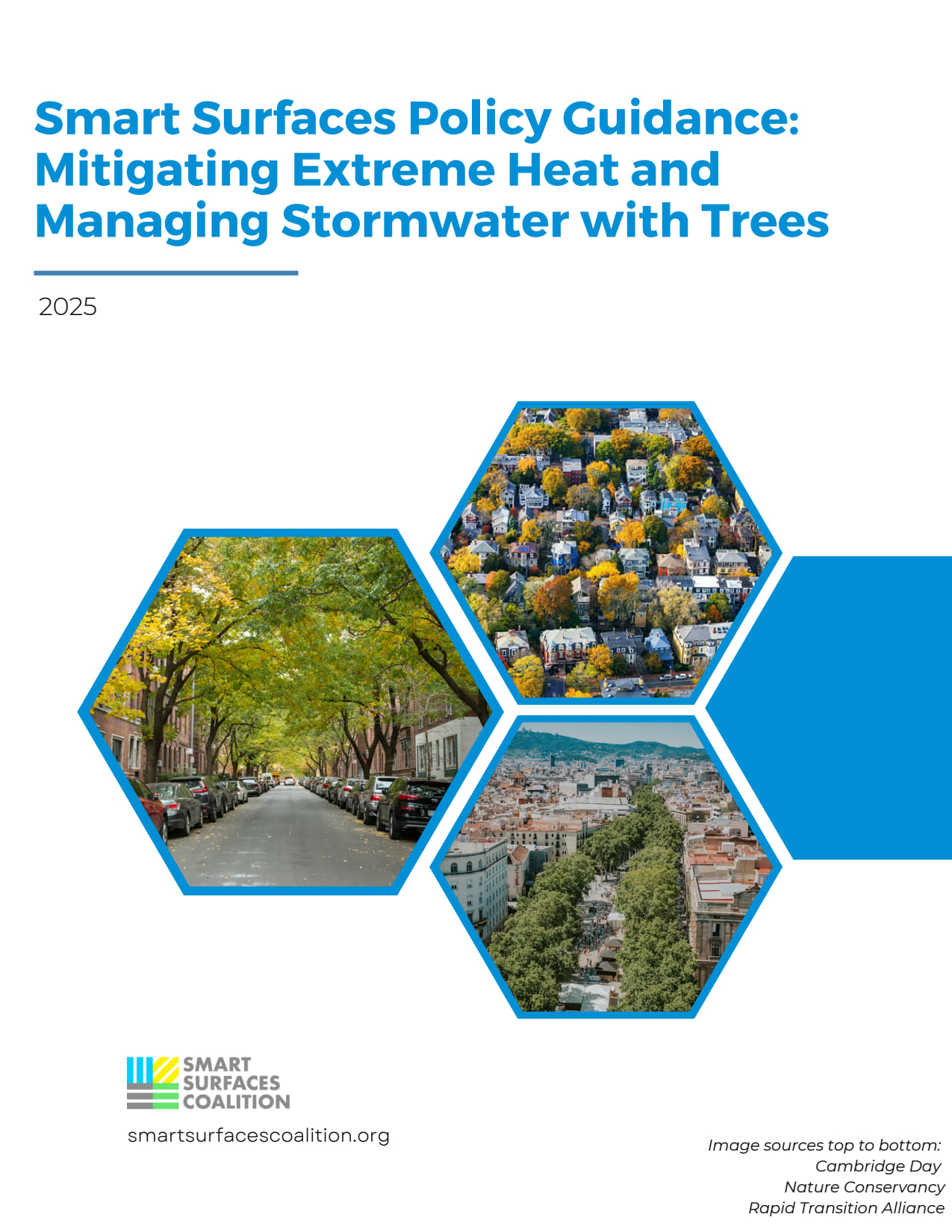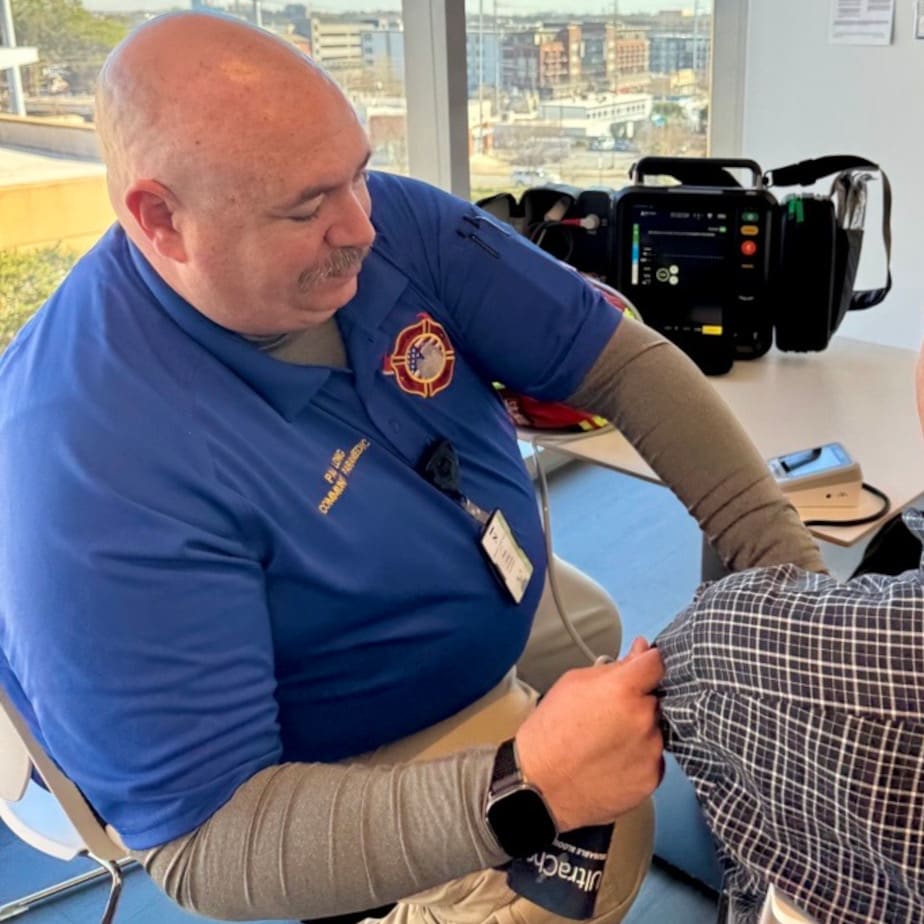
Public Safety
Organizations
Criminal Justice Coordinating Council
Created by the Georgia General Assembly in 1981 as an executive branch agency, the Criminal Justice Coordinating Council (CJCC) is a statewide body established to build consensus and unity among the State's diverse and interdependent criminal justice system components.

Environment & Energy | Innovation
Organizations
Smart Surfaces Coalition
The Smart Surfaces Coalition is made up of 40 leading national and international organizations with a shared commitment to enabling and ensuring that Smart Surfaces become the urban design standard globally within a decade.

Public Relations & Branding
Resource Links
A 12 Step Guide to Redesigning Your City’s Flag
City flags can be powerful tools for civic pride and branding, but many suffer from poor design. This article explores what makes a city flag effective and offers 12 key considerations for municipalities thinking about redesigning their flag to better reflect their identity and values.

Environment & Energy | Innovation
Articles
Mitigating Extreme Heat and Managing Stormwater with Trees
April 30, 2025
This resource is designed to help municipalities harness the power of urban tree canopies and related green infrastructure to combat extreme heat, reduce stormwater runoff, and improve public health.

Public Safety | Wellbeing & Public Health
Articles
Sandy Springs Community Paramedicine Program Launched to Reduce 911 Calls
April 24, 2025
The Sandy Springs Fire Department has launched its Community Paramedicine Program to help elderly and socioeconomically challenged individuals who struggle with health care access.

